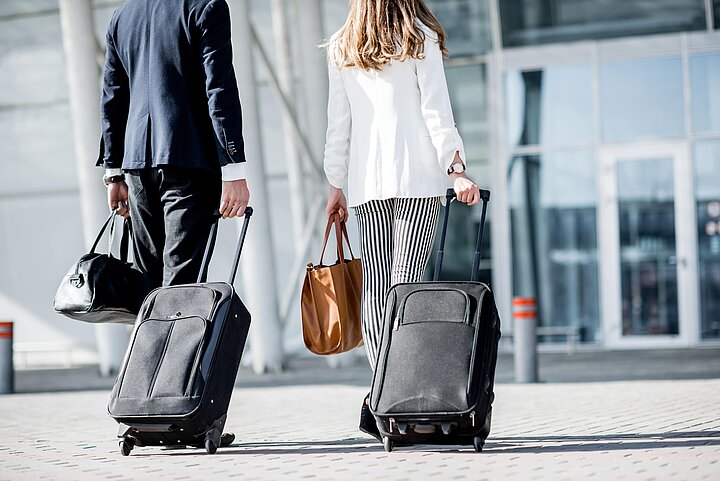Travel expenses: flexible and hybrid workers
Recap
The position has always been that an employee cannot receive tax relief for the cost of a journey which is either ordinary commuting or private travel; and the terminology used is very precisely defined.
Ordinary commuting, for example, means travel between a permanent workplace and home. For most employees, this would refer to the journey made, most days, between home and the normal place of work. For some employees, however, the position will be more complicated.
When it comes to working from home, HMRC’s position is that even if the employee’s home is accepted as constituting a workplace, it does not necessarily mean they are eligible for tax relief for the cost of travel between their home and a regular workplace. This is because where they live is ordinarily a matter of personal choice. The cost of travelling from home is thus the consequence of that personal choice, rather than an objective requirement of the job. HMRC will not accept that home working is an objective requirement of the job if the employer provides appropriate facilities elsewhere that could be used by the employee, or the employee works from home as a matter of choice.
Latest guidance
HMRC has recently updated its guidance on ordinary commuting and private travel, adding a new section to clarify the rules on claiming tax relief for flexible and hybrid workers.
It says: ‘Modern information and communications technology has allowed many more employees to work from home on a flexible or hybrid basis. Under such arrangements, the employee will have a base office and journeys from home to that location will be ordinary commuting.’ Or put another way, tax relief will not be available for travel between home and office.
In fact, as the sheer number of different scenarios given in HMRC’s guidance demonstrates, there isn’t a one size fits all solution. There are likely to be many cases in which employers will have to make a judgement call on the basis of individual employment contracts. Be aware, too, that what holds good for one employee, may not hold good for another. An employee working from home by choice, for instance, would be ineligible to claim tax relief on travel expenses; but what about a colleague working from home on the basis of reasonable adjustment under the disability provisions of the Equality Act — rather than choice?
Employer options
Of course, regardless of tax relief, it is still open to an employer to foot the travel bill for ordinary commuting for employees. Where an employer reimburses for travel costs, this should be put through the payroll and taxed as additional salary. Where the employer pays the cost directly, a benefit in kind will typically arise. Please don’t hesitate to contact us with any queries you may have.

